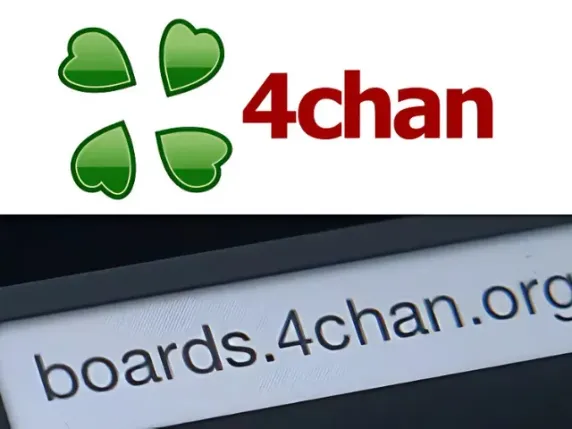The Great 4chan Hack: When the Sharty Took Over
Okay, so you probably heard about the 4chan hack. The one everyone's calling the "Sharty 4chan Hack"? Yeah, that one. It was wild. A group calling themselves (or maybe just being called) the "Sharty," linked to the Soyjak.Party, somehow managed to break into 4chan's admin site. Seriously. Who saw that coming?
The Big Reveal
It all went down around April 14th, 2025. Suddenly, Soyjak.Party's /soy/ board was buzzing with bragging rights. They'd gotten into 4chan's deepest, darkest secrets. We're talking moderator emails—some supposedly ending in .edu, and even whispers of .gov emails, though that part hasn't been confirmed. They also snagged the source code for yotsuba.php (the thing that handles all the posts), and even managed to peek inside the super-secret /j/ board. The internet went nuts. The news spread like wildfire, with everyone from Reddit to KiwiFarms weighing in.
How Did They Do It?
The short answer? Outdated tech. @_yushe on X pointed out that 4chan was using some seriously ancient stuff – we’re talking deprecated MySQL functions and a PHP version that's practically a fossil. Combine that with some vulnerabilities in yotsuba.php, and you’ve got a recipe for disaster. Basically, the hackers walked right in through a gaping hole in 4chan's security. It kinda felt like watching a slow-motion trainwreck.
Who Are These "Sharty" People Anyway?
The "Sharty" is a nickname for members of Soyjak.Party. They started as a community from 4chan's /QA/ board. After /QA/ got the axe in 2021, they created their own thing, developing their own culture and, let’s be honest, a massive grudge against 4chan's staff. This hack? It’s their very loud, very public way of saying "we're still here, and we're not happy."
The Internet's Reaction: Memes, Mayhem, and More
The reaction was... chaotic. People on X and Reddit were sharing screenshots, making memes, and generally losing their minds. Some were celebrating, some were freaking out about the security implications, and the leaked info. It was a wild mix of amusement and concern. And, of course, the Chicken Jockey meme made a triumphant return. It's amazing what a good distraction a little internet chaos can provide.
The Aftermath: What Now?
This whole thing is a massive wake-up call about cybersecurity, especially for big online platforms. While right now it's all memes and jokes, the long-term effects on 4chan's reputation and security are still unknown. It really highlights the risks of sticking with outdated software and what happens when online feuds get a little… too real. Honestly, it's a cautionary tale for everyone involved.






